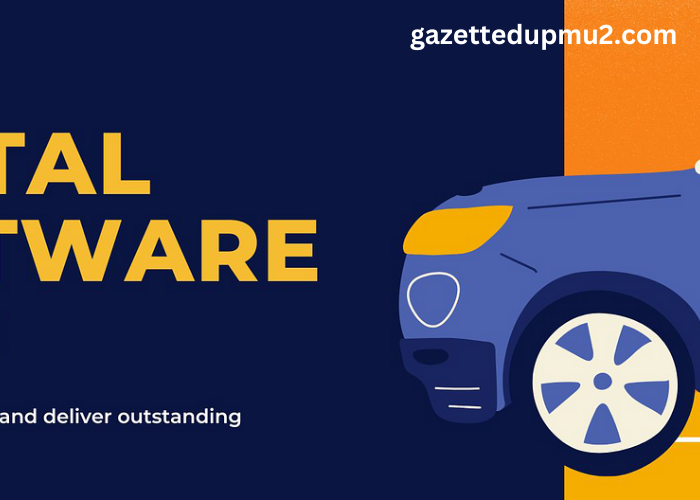Car rental companies constantly search for strategies to maximize revenue while maintaining high customer satisfaction. Dynamic pricing stands out as a highly effective strategy, enabling businesses to modify their prices by considering various factors such as demand, market conditions, and customer behavior. This approach ensures that car rental companies can optimize their revenue while staying competitive.
Read on to explore the scope of dynamic pricing when it comes to car rental revenue management.
Ace the Basics
Dynamic pricing, or surge pricing, or demand pricing, involves a strategy where prices are dynamically adjusted in real time to reflect the current levels of market demand. For car rental companies, this means adjusting rental rates based on a variety of factors. During certain times of the year, such as holidays, summer months, or special events, prices may be higher due to typically increased demand. The location also plays a vital role in pricing; for instance, rental rates may be higher in city centers or near airports where demand is usually more robust. Additionally, the type of vehicle affects pricing, with more popular or less available vehicles often seeing price adjustments. Furthermore, the booking lead time influences rates, with last-minute bookings potentially priced higher because of greater demand and reduced vehicle availability.
Benefits of Dynamic Pricing for Car Rentals
Increased Revenue
The primary benefit of dynamic pricing is the potential for increased revenue. Car rental companies can maximize their earnings during peak periods by adjusting prices based on demand. For example, prices can be adjusted during a major sporting event to reflect the increased demand, thereby boosting revenue significantly.
Improved Utilization Rates
Dynamic pricing helps improve vehicle utilization rates by encouraging rentals during slower periods through lower prices. This strategy ensures that inventory does not remain idle, thus reducing the number of cars sitting unused in the lot.
Competitive Advantage
Dynamic pricing provides a competitive edge in a market where pricing can be a significant differentiator. It allows companies to offer better deals during low-demand periods and capitalize on willingness to pay during high-demand times, attracting a broader range of customers.
Enhancing Customer Experience
It not only optimizes revenue but also enhances the customer experience by offering more flexible pricing options. By adjusting rates according to demand and other factors, customers can choose the most cost-effective times to rent a vehicle. This transparency and flexibility lead to higher customer satisfaction and loyalty, as clients appreciate the ability to plan and manage their expenses more efficiently.
Implementing Dynamic Pricing in Car Rentals
Analyzing Market Data
Car rental companies need to analyze extensive market data to implement dynamic pricing effectively. This includes historical pricing, rental frequency, seasonal trends, and competitor pricing.
Sophisticated analytics and machine learning models are employed to decipher these trends and forecast future demand accurately.
Technology Integration
Implementing dynamic pricing requires a robust technological infrastructure. This includes real-time data processing systems and pricing algorithms that adjust prices automatically based on predefined criteria. Many companies integrate these systems into their booking platforms to facilitate real-time pricing adjustments.
Customer Communication
Transparency is crucial when implementing dynamic pricing. Customers need to understand why prices change. Effective communication through booking platforms, email alerts, and customer service can help explain these pricing changes, thus maintaining trust and satisfaction.
The Future of Dynamic Pricing
As technology continues to evolve, dynamic pricing models are becoming more sophisticated. With AI and machine learning integration, car rental companies can predict demand more accurately and automate pricing adjustments more effectively. Additionally, as customer data becomes more accessible and comprehensive, companies can further personalize pricing. For instance, personalized offers and rates could be provided based on a customer’s history and preferences, enhancing customer satisfaction and loyalty.
Dynamic pricing transforms the car rental industry by enabling companies to adapt their rates to demand conditions for optimal car rental revenue. While it presents particular challenges, the benefits of increased revenue, improved utilization, and competitive advantage make it a worthwhile strategy.





